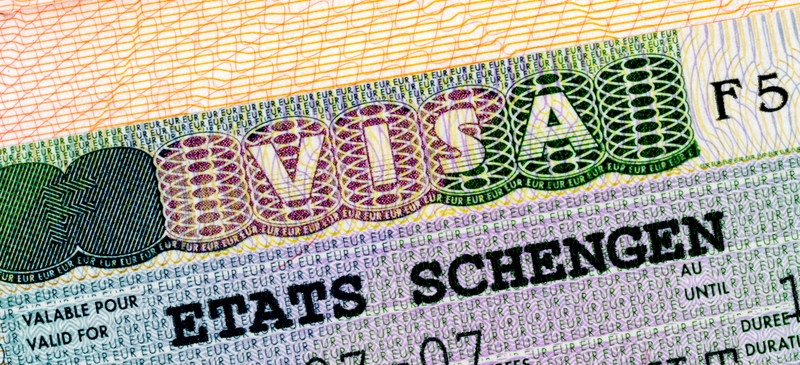
Schengen should go west as well as east
EU governments spent last year arguing over the extension of Europe’s passport-free travel zone – the so-called Schengen area – to the countries that joined in 2004. The EU has now agreed that the Baltic countries, the Czech Republic, Hungary, Malta, Poland, Slovakia and Slovenia should join before March 2008.
New member-states do not automatically join the Schengen area. Since there are no border controls between Schengen members, new entrants must first prove that they can properly safeguard the new external borders of the frontier-free zone. The current Schengen members have had worries about the quality of border inspections in the new members-states, and about the difficulty of integrating them into the Schengen information system (SIS), an EU-wide police database.
Police forces from Schengen countries gain extra powers to pursue cross-border crimes. For example, Dutch officers can carry out surveillance on suspects in Belgium, with or without prior notification. Italian police can follow a suspected drug smuggler in ‘hot pursuit’ into Austria – until the local police arrive. Officers across the Schengen area also share information on suspects, stolen goods and cars via the SIS.
The Schengen area currently has 15 members: 13 of the ‘old’ EU members plus Norway and Iceland. Britain and Ireland chose to maintain their own border controls when Schengen became an EU agreement in 1997 (since they have a common travel area, they must decide jointly). But both have adopted parts of the Schengen agreement: Britain participates in crossborder surveillance operations, while Britain and Ireland have signed up to parts of the SIS. The Schengen area’s forthcoming eastward expansion gives London and Dublin the opportunity to rethink their relations with it. The UK says that it will not consider abolishing border controls until it has adopted ID cards at home, and until its partners can prove they are guarding the Schengen external border properly. The prospect of these conditions being at least partially fulfilled in the next few years is growing.
The Labour government plans to issue ID cards with new passports from 2010 and says that if re-elected it will make the cards compulsory. Meanwhile, the EU is working to boost co-operation between police and border guards on its external borders. In 2006 Frontex, the EU border agency, began to manage patrols against illegal immigrants in the Mediterranean, while the Union started work on plans to monitor immigration flows via satellites. Moreover, member-states are improving the security of travel and identity documents by introducing biometric (fingerprint and eye scan) technology, and by linking computer systems to more easily track stolen or forged passports.
British and Irish officials admit that staying outside Schengen causes complications. They do not enjoy full voting rights on the board of Frontex or the automatic right to participate in its border operations. (The pair want to donate equipment and personnel to Frontex Mediterranean patrols but have had to negotiate separate agreements with the agency to allow them to do so.) Nor can they use the SIS to check if a person seeking to enter their territory has already been denied entry to a country in the passport-free zone. Only full members of Schengen can use the database for that purpose.
In both the UK and Ireland, the obstacle to joining Schengen is political: voters dislike the idea of relinquishing border controls. In Britain, in particular, immigration is a touchy subject – not least since the Home Secretary had to admit last year that his sprawling department was illsuited to tackling illegal immigration. But British and Irish voters could be reassured if they knew more about how Schengen works. Schengen countries can re-impose border controls if they think their security is threatened: the French government did so after the July 2005 terrorist attacks in London. And being in a passport-free zone does not prevent a national government from applying its own, tough immigration policies, as Denmark does, for example.
If they joined Schengen, Britain and Ireland would be full participants in one of the world’s most sophisticated border control systems, and would gain a stronger voice in EU negotiations on immigration. In the words of one British official: “We could stand to gain more than we would lose”. And Britain has traditionally favoured open borders. As Ernest Bevin, then foreign minister, memorably said in 1945: the point of international co-operation should be that people like him could “go down to Victoria station here, take a ticket and go where the hell I like without anyone pulling me up for a passport.”
